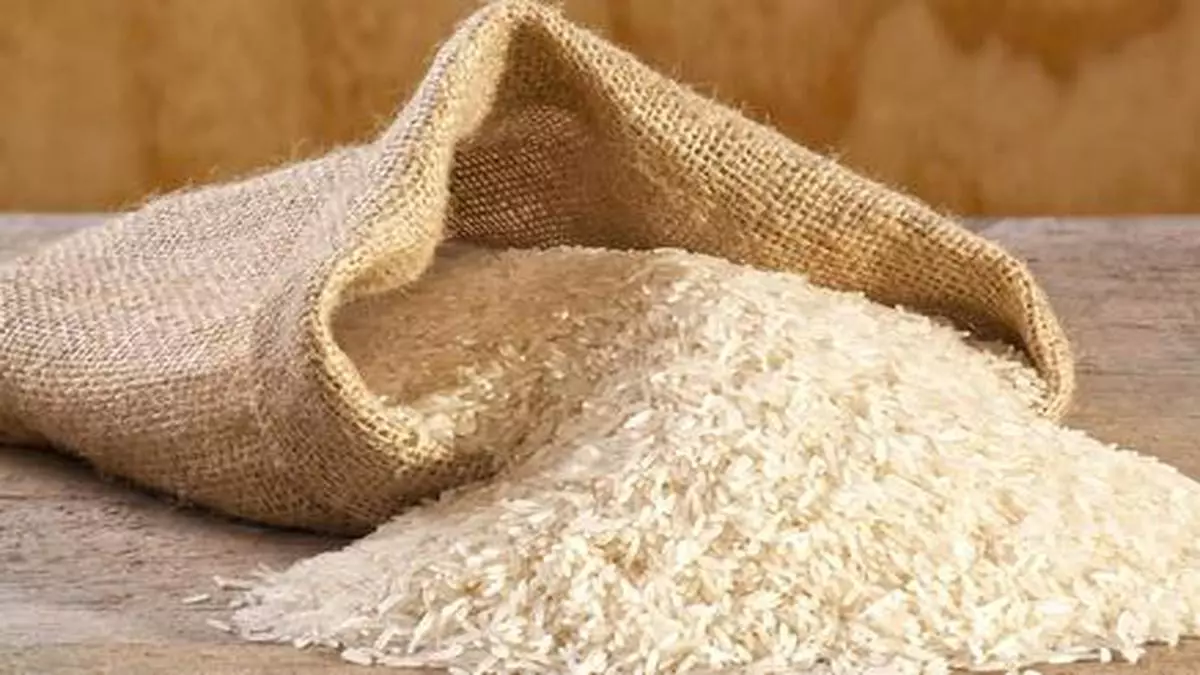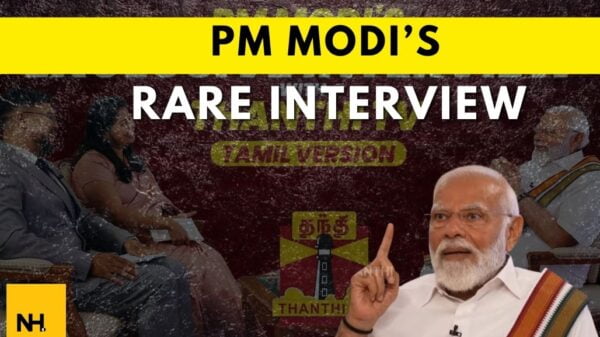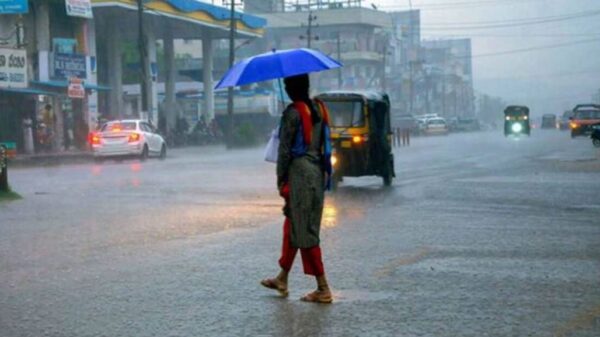Amid the Indian government’s recent ban on the export of non-Basmati rice varieties, the Non-Resident Indian community in the United States is taking precautionary measures to mitigate potential shortages.
Full Story
Fearing the impact of the ban, NRI households are stockpiling dozens of rice bags, reflecting deep concerns over access to this dietary staple. Particularly affected is the Telugu community, spread across North America, Europe, and West Asia, where the ban has triggered panic buying and resulted in long queues forming outside Indian grocery stores.

Source: The Hindu Business Line
In major cities like Texas, Michigan, and New Jersey, prominent Indian grocery stores are witnessing a surge in crowds, primarily driven by the Telugu population. The increased footfall is attributed to the recent ban that has raised concerns about rice shortages. To manage the situation, these stores have implemented sales restrictions, allowing only one rice bag per customer. This move aims to ensure fair distribution and address the heightened demand caused by the ban while catering to the needs of the Telugu community and others in these regions.
#India has banned the export of rice to foreign countries.
NRI rising for rice in concern
#RiceExportsBan #RiceExports pic.twitter.com/jRFqh6uiAK
— Siraj Noorani (@sirajnoorani) July 22, 2023
In Alabama and Illinois, the situation appears to be somewhat more favorable. According to Krishna Mohan S from Detroit, who experienced a similar scenario, rice prices had soared during the pandemic, prompting people to now rush and stock up on rice as a precautionary measure. The reasons behind this panic buying could be twofold. Firstly, there is a growing concern about a potential shortage or limited supply of premium rice varieties like Sona Mahsuri, leading to fears of price hikes.

Source: Money Control
However, across the UK and Ireland, no such rush has been observed, as reported by Jayanth Reddy Mettu, a restaurant owner in Dublin. The contrasting experiences in different regions highlight the varying levels of apprehension among the Indian diaspora regarding rice availability.
In the aftermath of the ban on rice exports by India, the situation in the USA
🇺🇸 🇮🇳 @HiHyderabad pic.twitter.com/MtVndnN2Z0
— Sai Vikas (@vikkyszone) July 22, 2023
On July 20, India made significant changes to its rice export regulations, reclassifying non-basmati white rice as part of the “prohibited” category. The export policy concerning non-basmati white rice, including semi-milled or wholly milled rice, whether polished or glazed under the category “Other,” has been amended from “free” to “prohibited” with immediate effect, as stated in a notification by the Directorate General of Foreign Trade (DGFT). This decision marks a notable shift in the country’s rice export norms and has implications for the international rice trade.

Source: Republic World
India’s Ministry of Consumer Affairs announced its decision to amend the export policy concerning non-basmati white rice, aiming to secure sufficient availability of this essential commodity within the Indian market and curb the surge in domestic prices. However, this ban on non-basmati white rice exports is anticipated to have far-reaching effects, with expectations of global food prices rising, potential shocks in the international market, and exacerbating inflationary pressures. The move reflects the government’s efforts to address local concerns over food availability and affordability but may also have significant implications for the global food economy.













































































